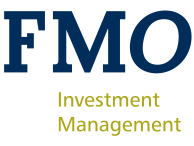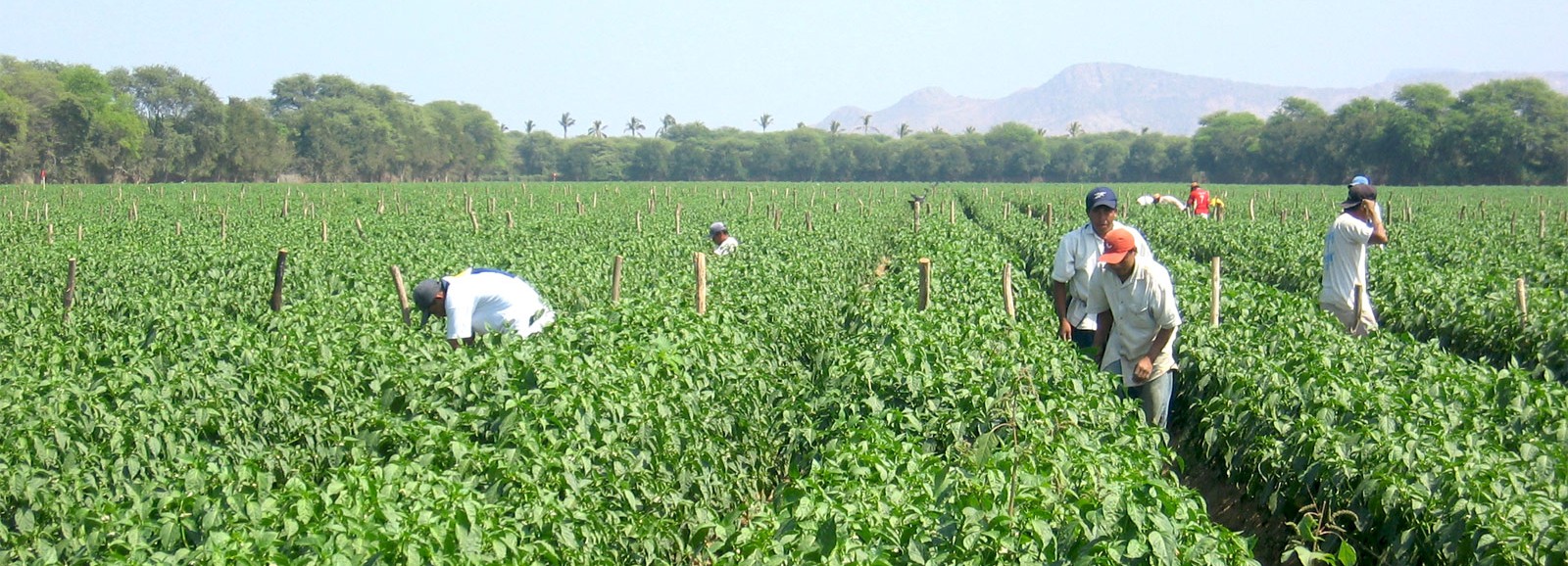


The Latin America and Caribbean (LAC) region is important in providing food and ecosystem services—not only within the region, but across the world. Soybean, fruits and vegetables, sugar, and coffee are just some of the leading exported goods from countries and islands in this region. In fact, it’s estimated that 16% of all global food and agriculture exports come from the LAC region.
While the agribusiness sector has shrunk in the last decades as economies have further industrialized and digitized, it still plays an important role. Agribusiness is responsible for 20% of the GDP in some countries in the region, and more importantly, an important source of employment in rural areas.
Agribusiness can be a catalyst for long-term development and job creation —if done sustainably. Human rights and environmental and social (E&S) risks must be taken into consideration to ensure sustainable land use and forestry practices. As production and exports increase, simultaneous strengthening and restoring ecosystems to contribute to climate resilience in the long run must occur. Certainly not an easy task—but there are those that are up to the challenge
LAAD is a non-deposit taking bank that exclusively provides financing to SMEs in the agribusiness sector across the LAC region. Founded in 1969s, they have focused on encouraging rural development and bolstering food security since then. They have 18 offices, allowing them to reach 26 countries across Latin America and the Caribbean.
LAAD supports thousands of jobs through the several hundred loans it provides each year. Due to their deep local knowledge and network, they have been able to grow their portfolio consistently over the years. This makes them the preferred partner of most SMEs, which is an underserved segment. Even if commercial finance is available, most SMEs would rather partner with LAAD thanks to the bank’s deep knowledge, flexibility, and decades of experience.
LAAD has a tailored approach per country. The company works with a lean team structure allowing them to remain flexible and quickly adapt to volatile macroeconomic conditions. While commercial banks may exit more quickly following tougher circumstances, LAAD continues to provide financing to its customers, particularly when it’s most needed.
LAAD has been a long-term customer of FMO since the early 2000s, the latest facility signed in 2022. In 2020 FMO syndicated a USD 72mln facility for LAAD with both a Fund and others participating, aimed in part at funding the growth of the LAAD’s agri-portfolio and ensuring the support of its customers during the hardest days of the COVID-19 pandemic.
|
LAAD has been a strong customer of FMO. It allows FMO to support the agricultural SME sector that it would otherwise not be able to reach. Their deep knowledge and network, combined with their dedication to consistently think of new ways to continually transform agriculture into a more sustainable activity, makes LAAD a strategic partner for FMO. Climate change, rising inequality, and a fast-growing population are all focal points on LAAD’s radar. To that end, they’ve embedded sustainability as a key pillar in their strategy and business. This has translated, for example, to their creating a Green Finance Framework for green loans (validated externally) and to the allocation of some funds to encourage more customers to follow LAADS’s green framework. FMO’s latest loan of USD 40 mln included a Green Tranche, supporting their expansion into Green investments. In 2022, they had a total committed portfolio of over USD 80 mln in green loans. LAAD has also implemented an E&S Management System—to proactively combat and mitigate the E&S risks inherent in the sector. Risks are further mitigated by their close relationships with clients. “When it is most needed, that is when LAAD continues to provide financing.” |
Employees > 1000
Customers > 9500